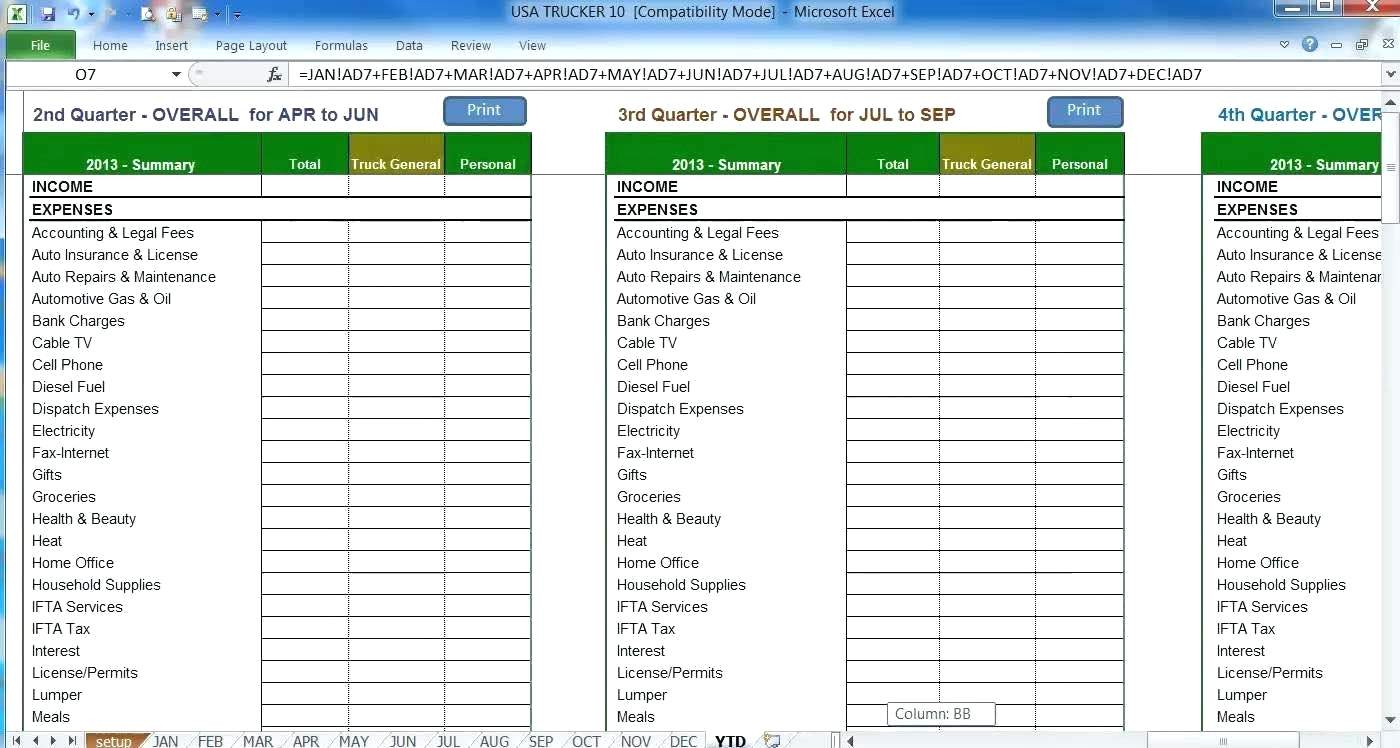S-Corp Essentials: Your Guide to Necessary Paperwork

Starting an S-Corporation (S-Corp) isn't just about having a great business idea; it requires meticulous attention to detail when it comes to paperwork. This guide outlines the essential documents you'll need to create an S-Corp, ensuring compliance with federal and state regulations. Whether you're transforming an LLC into an S-Corp or forming a new entity, understanding the necessary legal documentation is crucial.
The Articles of Incorporation

The Articles of Incorporation, sometimes known as the Certificate of Incorporation, is your foundational document. This formal declaration:
- Informs the state that you’re establishing a new corporation.
- Details the basic structure, purpose, and location of your business.
- Is filed with the state office that deals with business incorporation.
What should be included:
- Name of the corporation
- Duration of the corporation (typically perpetual unless otherwise stated)
- Purpose of the corporation
- Share structure (classes, number of shares, value)
- Names and addresses of the incorporator(s)
- Name and address of the registered agent
Corporate Bylaws

While not always required by law, creating bylaws sets the internal rules governing:
- Shareholders’ meetings
- Board of directors’ meetings
- Stock certificates issuance
- Voting rights of shareholders
- Operating procedures
🔗 Note: Bylaws do not need to be filed with the state but are crucial for the smooth operation of your S-Corp.
SS-4: Application for Employer Identification Number (EIN)

An EIN is essentially your corporation’s tax ID number:
- Required for tax purposes, filing taxes, opening business bank accounts, hiring employees, and more.
- Can be obtained by submitting Form SS-4 to the IRS or applying online.

Form 2553: Election by a Small Business Corporation

To formally elect S-Corp status, you must file:
- Form 2553 with the IRS, which states your election to be taxed as an S-Corp.
- This must be done within 75 days of incorporation, or by the 15th day of the third month of the tax year to be effective for that year.
- Requires signatures from all shareholders consenting to the election.
| Form | Purpose | When to File |
|---|---|---|
| Articles of Incorporation | Formally establish the corporation | At incorporation |
| Corporate Bylaws | Set internal rules | Immediately after incorporation |
| Form SS-4 | Obtain EIN | During or immediately after incorporation |
| Form 2553 | Elect S-Corp status | Within 75 days of incorporation or by the 15th day of the third month of the tax year |

Shareholder Agreement

A shareholder agreement is beneficial for:
- Outlining stock ownership rules
- Protecting the rights of minority shareholders
- Handling the sale or transfer of shares
- Establishing dispute resolution procedures
📜 Note: Though not legally required, this document can prevent future disputes and provide clarity for shareholders.
State-Specific Documents

Each state might require additional paperwork:
- Business Licenses and Permits
- Annual Reports
- State Tax Registration
The requirements can vary widely, so make sure to research:
- Your specific state’s corporate compliance requirements
Ensuring you've correctly completed all necessary paperwork to form an S-Corp sets the stage for smooth operations and compliance with legal obligations. Remember, meticulous record-keeping, ongoing state filings, and understanding your corporate governance are essential for maintaining your S-Corp status. By investing time upfront in preparing and understanding these documents, you pave the way for sustainable growth and operational success.
What is the difference between an S-Corp and a C-Corp?

+
An S-Corp avoids double taxation as profits are taxed only at the shareholder level, not at the corporate level, whereas C-Corps are subject to corporate income tax and shareholders are taxed on dividends.
Can I convert my LLC to an S-Corp?

+
Yes, you can convert your LLC to an S-Corp by filing Form 2553 and ensuring your LLC meets S-Corp eligibility criteria, although some states might have additional requirements.
Do I need an attorney to form an S-Corp?

+
While not strictly necessary, an attorney can ensure that all documents are correctly prepared, compliant with state laws, and tailored to your specific business needs.



